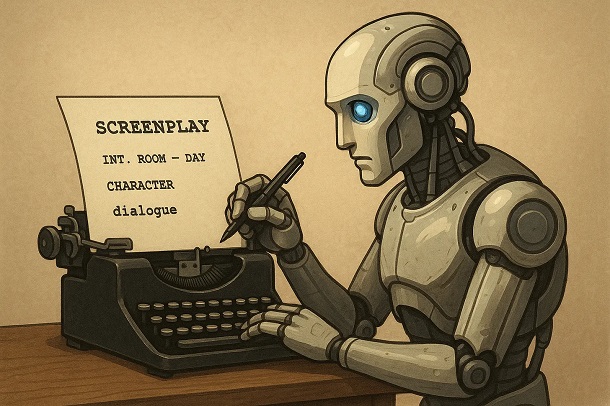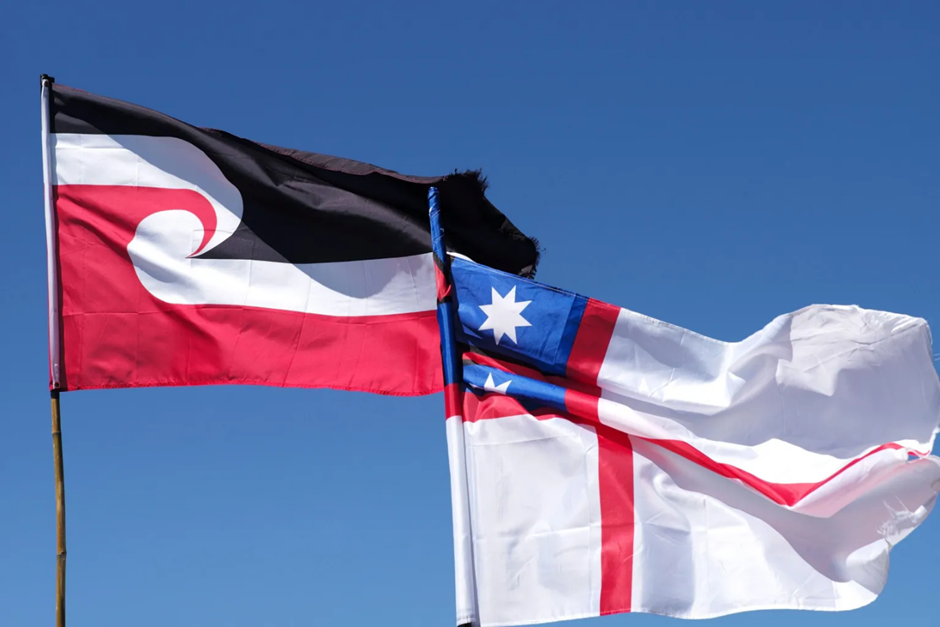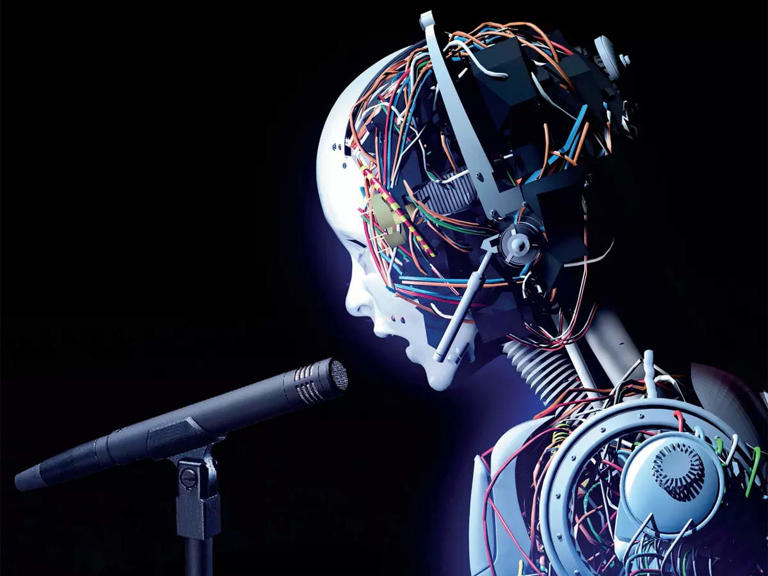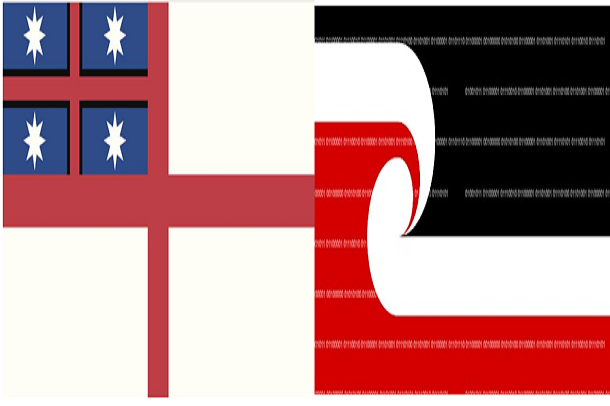Below is a script I used for a debate about if AI will replace humans in the Aotearoa screen industry at the Big Screen Symposium at Auckland University.
It is a well-known fact that most of the world’s AI is dominated from big tech companies that are dominated by white middle class men, and based in the USA, using data trained on misogynist, racist and American centric data that is often stolen, noting the courts recently said it was fair use to do so.
AI voices have thick American accents and vocabulary that is not Kiwi. Images and videos are USA centric and often create mocking and sexualised images of Indigenous people.
Now, if we consider the recent shift in politics and the attacks on minorities, archives, libraries. Removing names of black and LBGTQ+, war heroes from military buildings, and the desire to not regulate AI to benefit only the technocrats, means that AI content is only able to create USA local content that ignores other local communities and countries. The AI will rewrite historical facts based on the lens of the rich and powerful who own the AI.
All of the world’s population, NZ included, are forced to be consumers of American culture when we use the Internet, social media and AI. We have no choice.
In more recent months, China have introduced several AI tools with trained on the same data as the other American AI, but filled with Chinese propaganda against urgars people, Tiananmen square didn’t have a massacre and other well known examples of historical inaccuracies.
If we used Chinese AI, it would be bias in the same way the USA AI is.
Using AI text to movie technologies produces short flaky movies that look like they are AI generated. Anyone can do that, but we want and expect high quality well thought out story lines that AI is not capable of doing. Most of us don’t support theft. AI is not a saving grace for the screen industry.
NZ has a rich history of iconic movies including Utu, Once Were warriors, Boy, Good bye Pork Pie, Heavenly Creatures, real life documentaries of NZ history such as Bastion Point, about our Returned Servicemen of multiple deployments, that is created using local community knowledge, nuances, and kiwi sense of humour. Kiws like to see our people in the screen, recognise names of actors and staff. AI can not replicate our human relationships and is years away from being able to produce local content, and further away from local images and movies.
Before AI can be a real impact on the screen industry, NZ would need massive investments in NZ infrastructure such as AI data centres, new power supplies to cater to the millions of watts of power and the millions of litres of water to cool servers each hour, or maybe we could build a nuclear power plant? But then, we would need to invest billions of dollars to digitise all of our national archives, libraries, television recordings and nz literature. A massive overhaul of govt data and storage to train an AI and teach it about NZ culture, NZ English, vocabulary, our slang and not to mention the tens of thousands of Maori words that are a part of everyday English in nz.
Maori culture is already being miss communicated with AI as it relies on early ethnographers books and notes that are riddled with inaccuracies and the views of the men who thought that the natives were inferior, women were dusky maidens and property, and belief that Maori culture could not be intelligent
The Māori language version of the Bible has become the authority of Maori traditional creation stories as with other indigenous people’s stories being mismatched. Traditional knowledge that has been stolen is often incorrect and westernised or women leaders become male.
Many other traditional stories are largely absent as the communities do not want their mātauranga being stolen by and big tech companies who will change it and making factually incorrect statements. Ai would never be able to create either documentaries about Māori or films. Imagine the film Whina, it would be built on the limited data in the AI about Whina Cooper and would be offensive and have little interest.
Relying on AI in the screen industry has other risks such as if there are outages in America that stop the Internet working, which we have regularly seen or if one of the few submarine cables that give NZ Internet access are broken by sabotage or natural disaster, the screen industry would grind to a halt. The risks would make investing in NZ screen industry that is reliant on AI too risky.
In conclusion, AI is our modern day colonial weapon that indiscriminately steals from everyone, in particular the creative industry, and represents the views of a few elite technocrats.
AI will not save our screen industry – it will create American centric films that colonise all other cultures.





